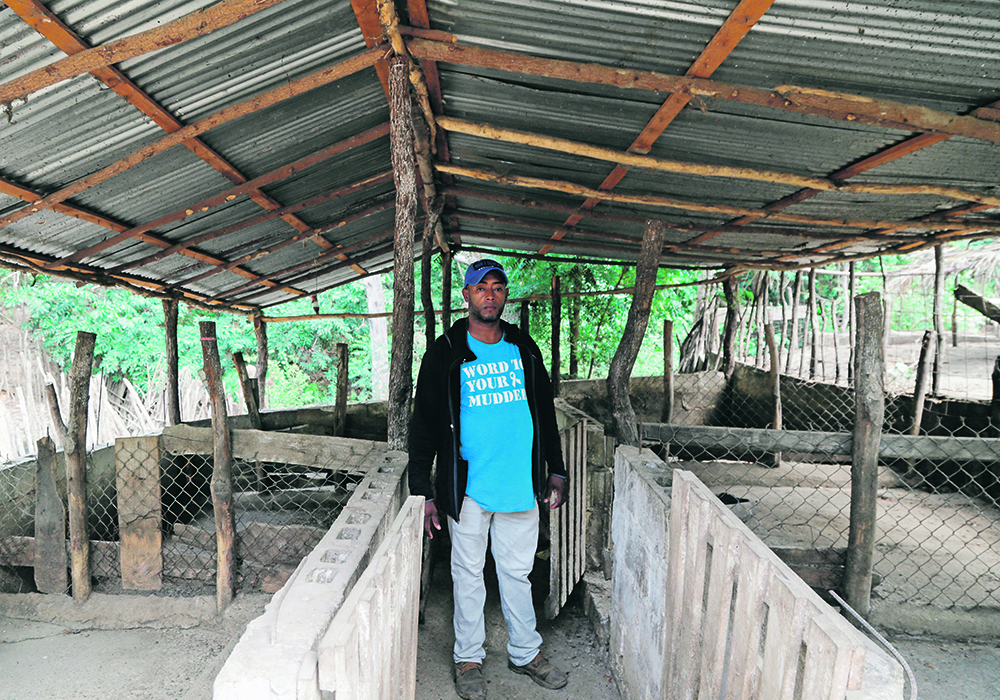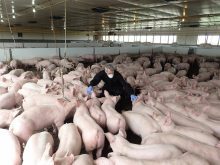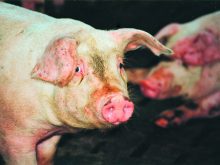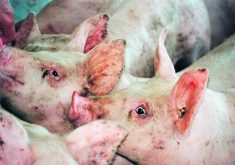SANTO DOMINGO, Dominican Republic (Reuters) — The Dominican Republic will slaughter tens of thousands of pigs after detecting outbreaks of African swine fever in 14 of the country’s 32 provinces, authorities said last week.
Fernando Duran, administrator of the state-run Banco Agricola, told a news conference the government will pay pig farmers the market price of each animal slaughtered.
Announcement of the slaughter comes after authorities sent 389 samples from pig farms across the country to U.S. laboratories after registering the widespread death of animals in three provinces in the last month.
Read Also

Putting genomics for replacement heifer selection to the test
Livestock extension specialist Chelsey Siemens discussed her study on genomic testing as a tool for commercial replacement female selection at AIM 2025 near Langham, Sask.
Authorities said the only way to stop the disease, which is lethal and for which there is no vaccine, is to kill the entire pig population in farms where it has been detected.
Officials are still investigating the origin of the outbreak and have not said how many pigs will be slaughtered.
In the first week of August, the government confirmed the presence of the virus in the Monte Cristi province, in the northwest, and Santiago Rodriguez, in the center of the country, where it has imposed quarantines in farms and sanitary corridors.
Julio Cesar Estevez, director of the Ministry of Agriculture in the northwest region, told Reuters that brigades equipped with biosecurity suits would handle the slaughter and bury the animals in pits to try to contain the spread of the illness.
Estevez said brigade members would also confiscate pigs raised privately for personal consumption. He estimated that if operations to kill the pig population began immediately, the outbreak could be eradicated in about five months.
Rafael Abel, head of the agriculture committee in the lower house of Congress, last week estimated the slaughter would result in economic losses of around $180 million.
Pork is a staple of the Caribbean country’s diet and a core ingredient for special occasions.

















